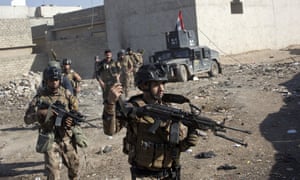November 17, 2016
The joint statement issued at the end of Prime Minister Modi’s visit mentioned several major agreements that, in turn, would help buttress bilateral ties. Of course, the signing of the nuclear agreement is the most important one. This agreement is a very significant development in bilateral ties, in view of the fact that Japan has in the past been very critical of India’s nuclear program, and had imposed economic sanctions following the 1998 Pokhran tests. Thus, the agreement indicates that Japan has now come to recognize India as a responsible nuclear power and acknowledges the country’s reasons for developing its nuclear arsenal.
This can further be deduced from the fact that India has become the first non–NPT signatory country with which Japan has agreed to have nuclear cooperation. Apart from boosting strategic ties between New Delhi and Tokyo, the agreement would facilitate the sale of U.S. nuclear reactors to India—in the sense that two Japanese owned/controlled companies, GE-Hitachi and Westinghouse, which are major nuclear manufacturers in the United States, can speed up the process of investment in the civil-nuclear field in India, since Japan will no longer oppose removing the tracking clause from the U.S.-Indian nuclear agreement. In addition, India could access advanced nuclear technology at low prices, because the agreement will reduce dependence on France and Russia. This agreement would help revive Japan’s nuclear industry, which has been in bad shape since the Fukushima nuclear accident.




